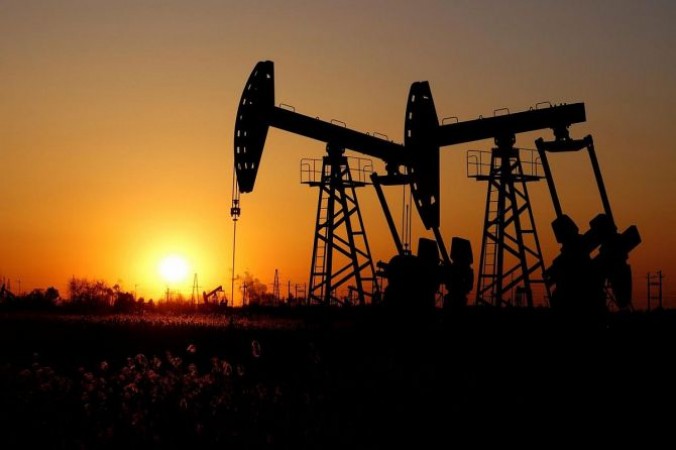
International oil prices rose after OPEC and its allies ignored India's plea to ease production control, with Saudi Arabia asking New Delhi to instead use oil it bought at rock bottom rates last year.
Brent crude, the most widely used benchmark, on Friday rose nearly 1 percent to USD 67.44 a barrel after the Organization of the Petroleum Exporting Countries (OPEC) and its allies, a group known as OPEC+, agreed not to increase supplies in April awaiting more substantial recovery in demand.
India's Oil Minister Dharmendra Pradhan had in the run-up to Thursday's OPEC meeting urged the producers' group to ease production curbs to fulfill their promise of stable oil prices. He felt rising international oil prices were hurting economic recovery and demand.
Responding to a question on India's pleas, Saudi energy minister Prince Abdulaziz bin Salman at a press conference after the OPEC+ decision on Thursday said New Delhi should take some of the crude out of storage that they had purchased "very cheaply last year." India had purchased 16.71 million barrels of crude in April-May, 2020 and filled all the three Strategic Petroleum Reserves created at Visakhapatnam in Andhra Pradesh and Mangalore and Padur in Karnataka.
The average cost of that crude purchase was USD 19 per barrel, according to Pradhan's written reply to a question in Rajya Sabha on September 21, 2020. Retail petrol and diesel prices, which already are at historic highs, should rise if the oil companies decide to pass on the surge in international oil prices to consumers.
OMCs raise margins as consumers suffer fuel price blues
Credit flows to large industries falls, inflow rises in services